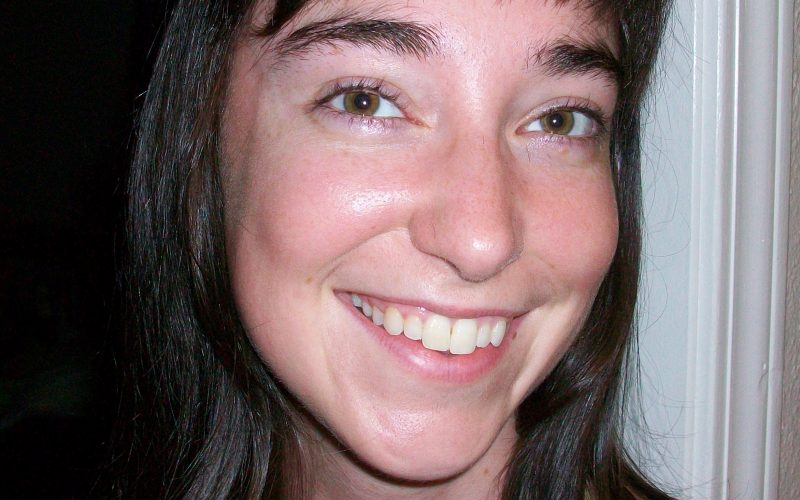By Amanda Bancroft
Oddly enough, we can accept raccoon or deer overpopulation much more easily than we can accept human overpopulation. It’s debatable, but some people claim raccoons are far more annoying than people, so it’s understandable that raccoon overpopulation seems a more pressing issue. We can easily imagine those overabundant deer and rabbits in the garden filling up any finite amount of space like the Earth. You can only put so many rabbits in one backyard, and so many humans on a single planet.
The largest hurdle to overcome, however, is not achieving the understanding that a finite space means a finite population. That’s obvious, whether overpopulation is happening now or never will happen. Besides education and socioeconomic status, which are two leading factors in family size globally, our main resistance to sustainable populations is in our brains. The challenge is overcoming our biologically built-in and culturally supported notions that the pinnacle of existence is to reproduce.
What if, instead, the pinnacle of someone’s existence could be to end world hunger? Or maybe cure cancer? Or eliminate all forms of pollution with no economic losses? It is sometimes seen as selfish to not have children, but perhaps the greater sacrifice is forgoing a large family in order to save someone else’s kids who are suffering terribly. The human values of compassion, empathy, love, and family can be extended to people worldwide as they can to one’s children.
If we could yearn to save endangered species as much as we yearn to bear children, what could the world look like? Would it be a better place if half of all U.S. couples decided to invest $241,080 (cost of raising one child in the U.S.A., according to the Department of Agriculture in 2013) into increasing the quality of life and decreasing the suffering of other living beings on our planet? Certainly, that would be generous and selfless of those couples, not selfish at all.
What about “onlys”? “Maybe One” by Bill McKibben addresses another cultural hurdle preventing us from maintaining a sustainable population: the myth (which is not only unsupported scientifically, but actually disproven by extensive studies) that “only children” are selfish, anti-social, less intelligent, and less developed. In fact, only children perform equally well or much better in all development areas, compared to those with siblings. Adoption is another solution to overpopulation, and addresses more than ecological problems.
A culture that is more concerned with existing beings rather than reproducing as many future beings as possible would create complimentary goals equally exciting as raising a family. Wishing for children or grandchildren is an understandable desire. It’s also valuable to wish that nobody’s children or grandchildren have to needlessly suffer. We might someday say to our younger generations, “I’m so glad you got married. When are you planning to save some kids?”
Ripples is an emerging online educational center inspired by a holistic approach to making a difference. Follow our journey to live sustainably and make ripples with our lifestyle at: www.RipplesBlog.org











